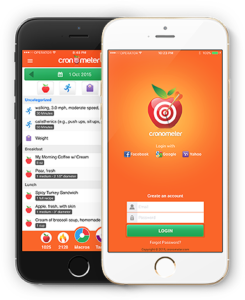Have you ever tried to control your insulin through diet?
Have you tried ketosis as one of them?
Sugar or glucose comes from the food you eat. These are carbohydrates-rich foods like bread, cakes, sugar, pasta, and any other stomach-filling, starchy foods you can think of.
The sugar in your body produces insulin. This is the hormone that lowers the blood glucose level in your blood. When you consume more sugar than what the body needs, insulin stores it as fat.
Contrary to what you may have heard, the fats we eat do not cause diabetes. Your fat intake does not increase your blood sugar levels. Protein may, but when you consume the right amount, it does not increase your insulin. The one thing that makes your insulin level increase is the high level of carbohydrates you consume.[1]
The trend in the research show Ketosis can reverse type II Diabetes. It is also the best diet all-around for type I. One such study involving 49 diabetes patients found that low-carb diets lead to greater improvements in fasting blood glucose, so much in fact that most of these patients were able to discontinue their prescribed diabetes medication.
Regarding keto diets specifically, studies have proven this method to be more effective than moderate protein diets in lowering blood glucose, promoting weight loss and lowering HbA1c in patients with Type 2 diabetes. A growing number of clinicians now agree that low-carb diets can effectively treat this disease.
Suggestions on Carb Reduction
The keto diet reduces carb intake to 20-50 grams per day or 5-10% of your daily calorie intake. For comparison, the standard Western diet involves eating 225 and 325 grams of carbohydrates a day or 45-65% of your daily calorie intake.
That’s a pretty drastic change. Such a change isn’t a problem for people with normal glucose metabolism. But for those with diabetes, a sudden change in carb intake can cause hypoglycemia. That’s why cutting back on carbs slowly is so important for people with diabetes.
We suggest a gradual decrease in carbs per day. Do this for up to 2 weeks until you reach a carb limit optimal for your weight and activity levels. To track your macros of fat, protein, and carbs, use an app called Cronometer.
SHOP for keto-friendly Good Fat Bars HERE for a great snack or meal.


